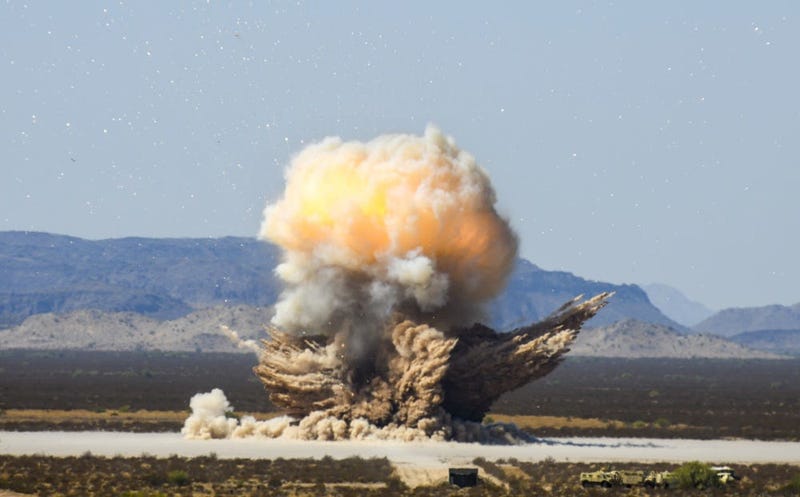
The U.S. military will now record blast exposures to service member's medical records in order to help them receive future medical treatment and assess for VA benefits.
Troops are often exposed to explosions and the concussive wave that they produce. This can include soldiers who work around artillery, infantrymen working with explosive breaching charges, Explosive Ordinance Techs who destroy munitions, and many other occupations in the military. Additionally, soldiers are sometimes caught near detonations in combat, often caused by Improvised Explosive Devices.
These explosions can result in a physiological disorder called Traumatic Brain Injury or TBI which the Center for Disease Control defines as, "a disruption in the normal function of the brain that can be caused by a bump, blow, or jolt to the head, or penetrating head injury. Everyone is at risk for a TBI, especially children and older adults."
TBI can lead to service members having difficulty concentrating and thinking clearly, which leads to emotional distress. However, there are treatments available.
The recently passed National Defense Authorization Act (NDAA) includes language requiring the Department of Defense to track blast exposure, durations, and if possible, blast pressure readings.
